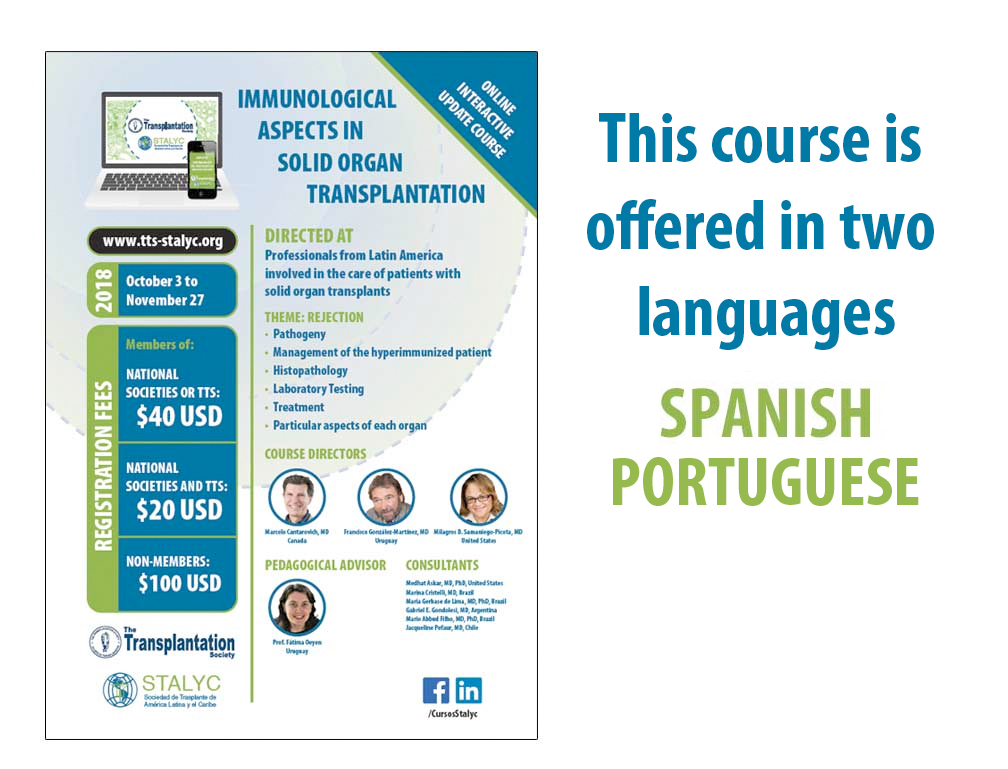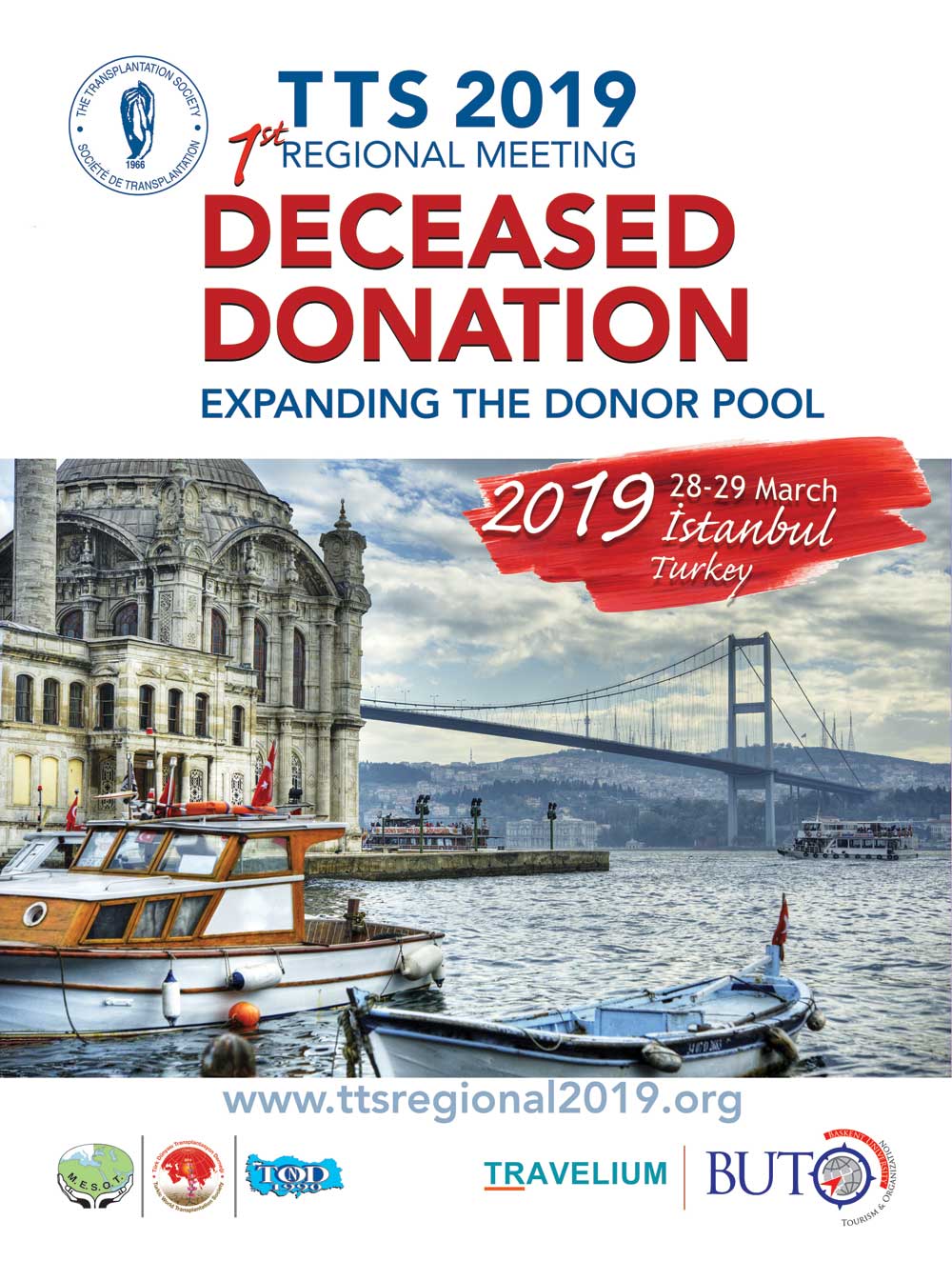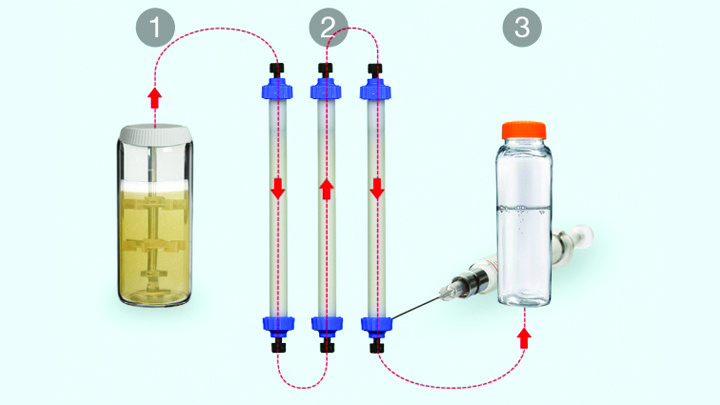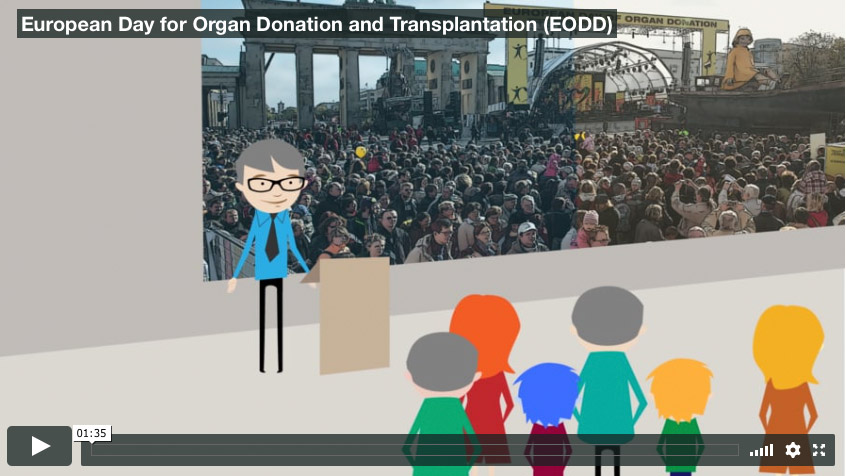
TTS Awards @ IPTA 2019
Abstract Deadline Date - November 5, 2018.
The Transplantation Society and International Pediatric Transplant Association (IPTA) will be each sponsoring up to five Congress Scientific Awards at the 10th Congress of the International Pediatric Transplant Association to be held from May 4 to 7, 2019 in Vancouver, BC, Canada. The awards are open to TTS and/or IPTA members who are trainees, allied health professionals or residents of an emerging economy country. Additionally, the Canadian Society of Transplantation will be offering up to three awards. Full details are available under the "Program Menu" on the IPTA 2019 website - www.ipta2019.org
Each applicant MUST SUBMIT AN ABSTRACT BY NOVEMBER 5, 2018.
TTS-ILTS PAIRED TRANSPLANT CENTERS PROGRAM
Deadline January 1, 2019
The deadline to submit an application is JANUARY 1, 2019
The TTS-ILTS Paired Transplant Centers Program is a collaboration between The Transplantation Society (TTS) and the International Liver Transplantation Society (ILTS) supporting new liver transplant programs in emerging countries.
Over 700 participants TO DATE!
Due to popular Demand the registration will remain open until October 23, 2018.
TTS-STALyC ONLINE INTERACTIVE UPDATE COURSE
IMMUNOLOGICAL ASPECTS IN SOLID ORGAN TRANSPLANTATION
From October 3 to November 27
Over an eight week period, featuring 28 online presentations, we will guide your through all the important aspects in immunology. We have enlisted many expert tutors to accompany the participants in the discussion by replying to questions throughout the week. The course was designed to allow participants to learn at their own pace and time during each week of the course.
The course has two sets of pricing (regular and for students/residents):
- Regular fees are $100 USD, $40 USD for TTS or STALyC Members; $20 if you are a member of both TTS and STALyC.
- Students/Residents can register for $40, $20 for TTS or STALyC Members, free for TTS AND STALyC Members.
- We will allow registration at the reduced member fees if you submit your application(s) prior to registering for the course.
Share this information with your fellows, post-docs and students!
Young Members Committee
The Young Members Committee is seeking active TTS members from Asia-Pac, Middle East, Africa and Latin America who want to take an active role in representing their regions.
Email This email address is being protected from spambots. You need JavaScript enabled to view it. if you are interested!
TRANSPLANTATION DIRECT JOURNAL - HIGHLIGHTED ARTICLE
Dr Karen Keung, Editorial Fellow, Transplantation.
Nuclear Factor of Activated T Cell-regulated Cytokine Gene Expression for Adjustment of Tacrolimus in Kidney Transplant Recipients: A Randomized Controlled Pilot Trial.
Webber AB, Tatapudi V, Maw TT, Peralta C, Leung JCY, Vincenti F.
Transplant Direct. 2018;4:e369.
Tacrolimus forms the basis of most immunosuppressive regimens in solid organ transplantation. It inhibits calcineurin phosphatase activity, thereby preventing the nuclear translocation of the transcription factor, nuclear factor of activated T (NFAT) cells, and the subsequent production of proinflammatory cytokines. Observational studies have previously c correlated lower mean residual NFAT-regulated gene expression with recurrent infections and cytomegalovirus (CMV) viremia in patients on tacrolimus based regimens; rejections, at the same time, were more common with higher residual gene expression of NFAT-regulated genes.
In this single-center randomized controlled trial, the authors evaluated the feasibility of implementing a real-time polymerase chain reaction (RT-PCR)-based pharmacodynamics assay, which measures 3 NFAT cell–dependent cytokines expressed as % mean residual expression (MRE) to guide adjustment of Tac dosing in the intervention (INT) arm, in comparison with the dose adjustments based on tac trough levels (as the standard of care) in the control (CTL) group. 40 stable kidney transplants divided equally into the 2 groups were followed for 1 year following enrolment; data including infections, hospitalizations, and rejection episodes were collected.
There was a median of 2 tac dose changes per group. Ten subjects had 1 or more infections in the INT arm and 6 subjects had 1 or more infection in the CTL arm. Rates for hospitalizations, rejections, malignancies and death were similar in both arms. In a small group of patients whose tac dose was not adjusted in the first 6 months (n = 8 in INT arm and 5 in CTL arm), those with infections had a statistically lower MRE at enrollment compared with those without infections.
The authors demonstrated the feasibility of assay implementation and suggested that it may be of greatest benefit in the setting of strong cytokine inhibition where the assay reflects overimmunosuppression better than trough levels alone.
How to Make Biopharmaceuticals Quickly in Small Batches
October 8 - NIH DIRECTOR'S BLOG - Today, vaccines and other protein-based biologic drugs are typically made in large, dedicated manufacturing facilities. But that doesn't always fit the need, and it could one day change. A team of researchers has engineered a miniaturized biopharmaceutical "factory" that could fit on a dining room table and produce hundreds to thousands of doses of a needed treatment in about three days.
October 13 - European Day for Organ Donation and Transplantation
Every year, the European Day for Organ Donation and Transplantation (EODD) provides information on donation and transplantation of organs, tissues and cells. With nearly 6 new patients added to waiting lists every hour in Europe, the number of Europeans waiting for an organ keep growing. This year too, the EDQM calls on all Europeans to think about the problem of organ shortages which leaves thousands of patients sitting on waiting lists.
In the News
Genetically engineered 3-D human muscle transplant in a murine model
October 10 - To maintain the viability of implants upon transplantation, increasing efforts are invested in designing pre-vascularized engineered tissue.
Human brain cell transplant offers insights into neurological conditions
October 11 - In the new study, led by Imperial College London in collaboration with a group from the University of Cambridge, researchers transplanted human brain cells into a mouse brain, and for the first time watched how they grew and connected to each other. This allowed the team to study the way human brain cells interact in a more natural environment than previously possible.
Using Frogs to Tackle Kidney Problems
October 11 - Many human cells are adorned with hair-like projections called cilia. Scientists now realize that these specialized structures play many important roles throughout the body, including directing or sensing various signals such as fluid flow. Their improper function has been linked to a wide range of health conditions, such as kidney...
Italian co-authors stem-cell study
October 5 - Italian biologist Alessandro Fantin, together with colleagues at University College London (UCL), has co-authored a study published in the journal Nature on the discovery of new stem cells that can help rebuild blood vessels.
Liver transplant from HIV+ living donor to negative recipient: Key ethical issues
October 4 - South Africa has a dire shortage of organ donors. This means that doctors struggle to find suitable donor organs for critically ill patients who would die without receiving a transplant. Sometimes they have to make tough calls such as using a blood group incompatible organ to save a patient's life – even if this comes with additional risks.
Upcoming Meetings
IPTA 2018 Symposium
The International Pediatric Transplant Association is proud to feature a special section activity: the 2018 Symposium in Organ Transplantation in Children: An educational forum for physicians, surgeons, and allied health professionals.
The focus of this symposium is aimed at clinical and research fellows in pediatric solid organ transplantation, as well as residents, and other allied health professional or non-physician trainees who are planning a career in pediatric transplantation.
Contact
+1-514-874-1717
This email address is being protected from spambots. You need JavaScript enabled to view it.
Address
The Transplantation Society
International Headquarters
505 Boulevard René-Lévesque Ouest
Suite 1401
Montréal, QC, H2Z 1Y7
Canada








